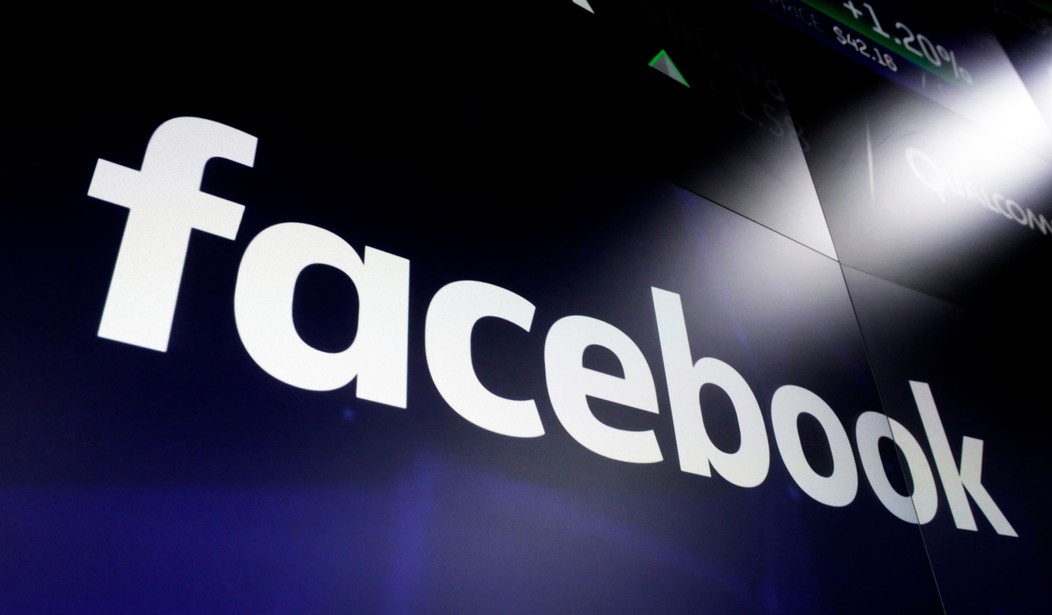Social media platforms Facebook and Twitter have become the center of a growing election controversy over their decision to ban links to a New York Post story on emails that appear to show Joe Biden lied about his knowledge of his son’s business dealings.
That ban has set off a firestorm of criticism from conservatives who detect bias in their decisions. But the lightning-speed with which both platforms acted to ban the content while allowing even more outrageous anti-Trump stories to circulate for days should be where questions are concentrated.
🚨🚨 Editor’s Note: It’s time for conservatives to stand together and fight big-tech censorship. Join PJ Media VIP and use the promo code CENSORSHIP for 25% off your VIP membership. 🚨🚨
Twitter CEO Jack Dorsey criticized his own people for the decision.
Our communication around our actions on the @nypost article was not great. And blocking URL sharing via tweet or DM with zero context as to why we’re blocking: unacceptable. https://t.co/v55vDVVlgt
— jack (@jack) October 14, 2020
Is Dorsey just throwing shade? You judge.
Twitter shared a thread explaining its reasoning for the decision Wednesday night, saying, in part, “We don’t want to incentivize hacking by allowing Twitter to be used as distribution for possibly illegally obtained materials.”
Twitter says some of the materials on Hunter Biden’s hard drive may have been hacked.
We want to provide much needed clarity around the actions we’ve taken with respect to two NY Post articles that were first Tweeted this morning.
— Twitter Safety (@TwitterSafety) October 14, 2020
The images contained in the articles include personal and private information — like email addresses and phone numbers — which violate our rules.https://t.co/plPa5SZ3we
— Twitter Safety (@TwitterSafety) October 14, 2020
Interesting that they don’t seem to act with that kind of speed when others have their personal information posted.
Twitter cited its hacked material and private information policies as reasons for preventing users from posting or sharing (even in private direct messages) links to the original Post article. The Post claimed the source of information for the unverified story was a laptop that an owner of a repair shop in Delaware believed belonged to Hunter Biden. When no one came to pick up the drive, the owner allegedly made a copy of the hard drive and gave it to former New York City Mayor Rudy Giuliani’s lawyer before supposedly handing the original over to the Federal Bureau of Investigation. The Post said it later obtained a copy from Giuliani.
The provenance of the hard drive should not concern Twitter. People can make their own judgments about whether the hard drive came from a credible source or not.
Again, it’s the speed — less than 24 hours — with which Twitter acted that makes the entire process suspect. It’s almost as if Twitter was looking for an excuse to squelch the story.
Facebook also acted quickly but has a different explanation.
Facebook did not prevent users from sharing the link to the article but said it reduced its distribution pending a fact-check review. Facebook spokesperson Andy Stone first announced the fact-check review a few hours after the article was originally published Wednesday, but as of Thursday morning – more than 24 hours after it was first posted on Facebook – Facebook posts containing the link still did not have any labels showing that it was under review.
Stone wrote on Twitter that the review is “part of our standard process to reduce the spread of misinformation,” including a link to Facebook’s election integrity policies. On that page, Facebook says it is committed to fighting foreign interference, increasing transparency and reducing misinformation. As part of its commitment to reducing misinformation, Facebook says in the blog post it will include “clearer fact-checking labels.”
How many times did Facebook follow these procedures when the Democratic media was posting outrageously false stories about Donald Trump — stories that any “fact-checker” would have seriously questioned? Did they reduce the distribution of those stories while the lies circulated unopposed?
Facebook and Twitter’s explanations are logical, reasonable, and totally false.










Join the conversation as a VIP Member